The Power of Emotional Intelligence in Executive Decision-Making
Executive decision-making isn’t just about data, logic, and strategy—it’s also about emotional intelligence (EI). The ability to understand, manage, and leverage emotions effectively can be a game-changer for women leaders, executives, and entrepreneurs.
Why Emotional Intelligence Matters in Leadership
Emotional intelligence goes beyond traditional IQ; it’s a critical skill that fosters better decision-making, stronger relationships, and a healthier workplace culture. Studies have shown that leaders with high EI drive greater team performance, boost employee engagement, and navigate challenges with resilience.
The four key components of EI include:
- Self-Awareness – Recognizing and understanding your own emotions.
- Self-Regulation – Managing your emotions effectively, even under stress.
- Social Awareness – Understanding the emotions and needs of others.
- Relationship Management – Using emotional insight to foster strong professional relationships.
How Emotional Intelligence Enhances Executive Decision-Making
1. Improved Judgment and Clarity
Executives with strong EI can assess situations without being clouded by personal biases or reactive emotions. They remain calm under pressure, ensuring rational and thoughtful decision-making.
2. Strengthened Team Collaboration
Leaders who demonstrate emotional intelligence cultivate a culture of trust and open communication. Employees feel heard, valued, and motivated, leading to higher retention rates and team efficiency.
3. Better Conflict Resolution
Workplace conflicts are inevitable, but emotionally intelligent leaders can address disagreements with empathy, fairness, and diplomacy—turning potential crises into opportunities for growth.
4. Resilience During Challenges
Whether navigating economic downturns, company restructuring, or leadership transitions, emotionally intelligent executives stay composed and adaptable, guiding their teams through uncertainty with confidence.
Ways to Strengthen Your Emotional Intelligence as a Leader
- Practice Active Listening – Truly hear your employees, peers, and stakeholders to foster deeper understanding and trust.
- Regulate Emotional Responses – Take a moment to process your emotions before reacting, especially in high-stress situations.
- Seek Constructive Feedback – Ask for insights on your leadership style and adjust accordingly.
- Develop Empathy – Put yourself in others’ shoes to build stronger, more compassionate relationships.
- Invest in Emotional Intelligence Training – Workshops, coaching, and self-assessment tools can refine your skills.
Emotional intelligence is not a luxury—it’s a necessity. For women executives and entrepreneurs, harnessing EI leads to more effective decision-making, stronger leadership, and long-term success.





